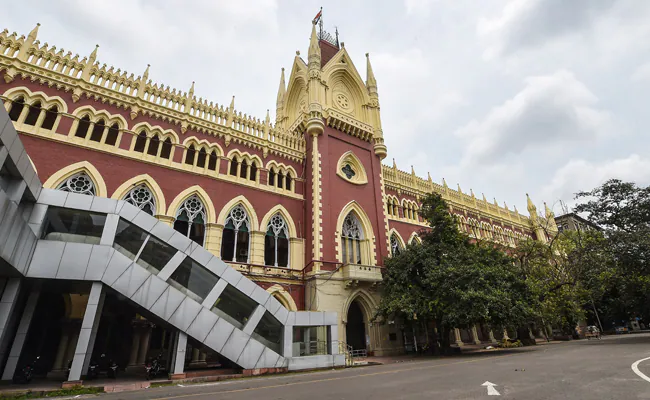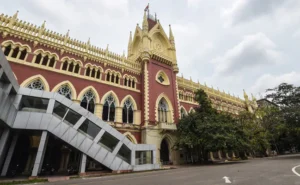The Calcutta High Court in the case CBI v Binod Kr Maheshwari observed and has criticized the conduct of the Central Bureau of Investigation, CBI and its Director for failing to file an appeal within the statutory period of limitation.
The single bench headed by Justice Bibhas Ranjan De in the case observed wherein the petition is moved for the condonation of delay in filing the special leave to appeal, allowed delayed filing in the interest of justice.
The court in the case observed and has held that I am astounded by the conduct of the CBI in such important matters how such delay could take place. Thus, the CBI ought to have been careful in filing the special leave (to appeal) within the period of limitation and the CBI ought to be guided by its latest updated manual. In the instant case, sluggishness on its part is intolerable. Therefore, the Director of CBI being responsible should look into the matter and saddle the responsibility on a person concerned and the Director CBI cannot escape the responsibility for delay in such cases which is to be termed as deliberate one, which is intolerable.
Adding to it, the court stated that I am not obliterate to note that the sufficiency of cause has to be judged in a pragmatic manner to advance the cause of justice…I deem it appropriate to condone the delay in filing special leave to appeal.
Therefore, the CBI had preferred the present appeal against the acquittal order of six accused on an allegation of fraud against Canara Bank for an amount of Rs 2.19 crores in 2000 as stated under section 378(4) of the Code of Criminal Procedure, CrPC, along with an application for condonation of delay by 1452 days, or almost 4 years.
The question being before the court was weather sufficient cause had been shown for the delay by the CBI in order it to be condoned.
The CBI also submitted before the court that the delay of four years was due to the fact that the procedure to obtain permission from the higher authority involved a long, bureaucratic process, and that during the COVID lockdown, these actions could not be carried out smoothly, especially because the office of the Additional Solicitor General remained vacant for almost ten months.
Further, it was submitted that the delay may be condoned within the meaning of Section 5 of the Limitation Act.
The counsel appearing for the opposite party argued before the court that the delay could not be condoned due to the casual approach of the investigation agency, there was no sufficient cause, and the explanation given was vague.
Before the court, it was submitted that bureaucratic red tape cannot be used as an excuse by a premier institution such as the CBI, in view of modern technology at their disposal.
The court in the case observed that government departments, such as the CBI are under a special obligation to perform their duties with diligence and commitment, and that condonation of delay was an exception and cannot be used as an anticipated benefit.
The court while considering the facts and circumstances of the case observed and has held that the arguments relied on by the CBI to justify the almost four-year delay were not convincing and that the authorities should have been more diligent regarding the conduct of the proceedings.
Accordingly, the court allowed the appeal.








